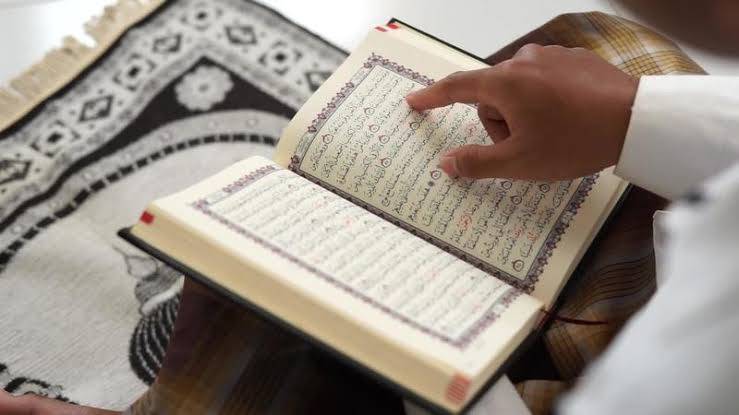Islamic Cleric Defends Death penalty for whoever changes Religion
A heated public discussion has erupted within social and religious communities following a contentious remark from Dr. Ibrahim Jalingo, the National Chairman of the Council of Ulama. He recently reiterated his support for the death penalty for those who abandon Islam. In an extensive theological post on his official Facebook page this past Thursday, Dr. Jalingo asserted that executing apostates is not only supported by Hadith—a crucial source of Islamic law—but also aligns with the teachings of the Qur’an.
This statement arrives amidst a growing discourse surrounding the interpretation of Islamic texts and the role of religious freedom in modern Muslim societies. In response to critics who challenge the credibility of Hadith traditions, Jalingo dismissed their arguments, labeling them as “rooted in ignorance.†His message was filled with sharp criticisms directed at individuals sharing what he called a misleading list of Hadiths that supposedly conflict with the Qur’an. “The Hadith in question is clear: ‘Whoever changes his religion, kill him.’ This assertion, validated and widely accepted in Islamic law, is not only valid but also in accordance with divine law,†Jalingo declared.
To bolster his argument, he referenced various verses from the Qur’an, interpreting them as justification for harsh penalties against apostates. He cited passages from Surah At-Tawbah, Surah Al-Baqarah, and Surah An-Nisa, all used to support action against those seen as straying from the faith. Jalingo also challenged the frequently quoted verse from Surah Al-Baqarah—“There is no compulsion in religionâ€â€”claiming its significance has been revoked through the Islamic principle of naskh, or abrogation. He maintained that later verses and the Hadith in question take precedence over earlier calls for religious tolerance. “The assertion that the Qur’an contradicts this Hadith reflects a misunderstanding of scriptural chronology and an attempt to distort Islamic teachings,†he argued.
However, it wasn’t just the religious interpretation that caught attention. Jalingo’s confrontational tone, especially his personal insults aimed at critics, has drawn considerable backlash. Describing one critic’s approach as akin to that of “prostitutes and effeminate men,†the cleric’s rhetoric has been labeled by some as inflammatory and unbefitting of a religious leader.
Unsurprisingly, Jalingo’s post has gone viral, igniting vigorous debate both online and offline. While some of his supporters commended him for upholding traditional Islamic values and resisting what they view as modernist distortions, others—from within and outside the Muslim community—have denounced his position as a perilous endorsement of religious intolerance. Legal experts, human rights activists, and reformist Islamic scholars have warned against using historical religious texts as justification for capital punishment in a diverse society. Many have urged religious leaders to pursue more constructive theological discussions instead of fostering division.
One Muslim scholar, who chose to remain anonymous, commented: “Islamic law has developed over centuries to consider context, time, and place. Broad statements about executing apostates, especially in today’s global and legal environment, do more harm than good.†As public scrutiny around religious extremism and freedom of speech intensifies, Jalingo’s statement has contributed to a broader dialogue regarding the relationship between faith, law, and human rights in Nigeria. Whether his views gain more traction or face greater opposition in the upcoming weeks may reflect how the nation and its religious leaders address one of the most sensitive topics in contemporary Islamic thought.




No comments yet
Be the first to share your thoughts!